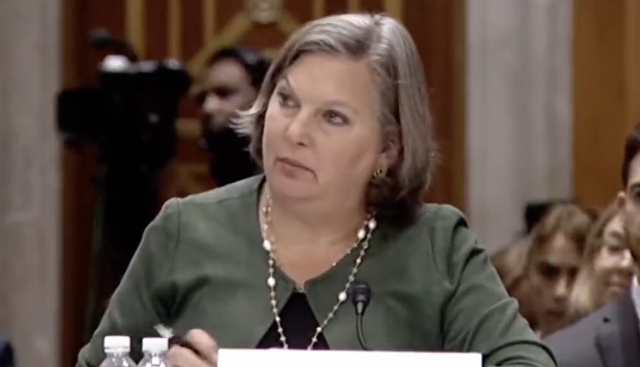Pfizer CEO Albert Bourla made “misleading” statements about covid jabs for children
02/03/2023 / By Ethan Huff

A British watchdog group says that Pfizer CEO Albert Bourla is guilty of making “misleading” and unsubstantiated statements about covid “vaccines” for children.
During a BBC interview that was published on Dec. 2, 2021, Bourla told the media outlet that children as young as five should take covid injections for protection against the disease, even though the United Kingdom medicine’s regulator, the Medicines and Healthcare products Regulatory Agency (MHRA), did not approve the product for this age group until weeks later.
“I believe it’s a very good idea,” Bourla stated about five-to-11-year-olds taking his company’s injections. (Related: Bourla believes that anyone who objects to his company’s covid jabs is a “criminal” guilty of spreading “disinformation.”)
Citing education disruptions and the potential for children to develop so-called “long” covid, Bourla told the BBC that “there is no doubt in my mind about the benefits completely are in favor of doing it.”
UK regulatory declare Bourla’s statements to be of a “strong unqualified nature”
The children’s welfare group UsForThem filed complaints about Bourla’s statements that led to a panel from the Prescription Medicines Code of Practice Authority (PMCPA) ruling that Bourla was out of line and had violated a number of rules in the Association of the British Pharmaceutical Industry (ABPI).
Pfizer appealed this ruling, resulting in an appeal board upholding five counts of breaches and three ABPI codes that require information and claims about drug products to be accurate, balanced, capable of substantiation, not raising unfounded hopes of successful treatment, and not being misleading as to the safety of the product – all things that Bourla did by making misleading statements.
According to the PMCPA, everything Bourla said to the BBC during the interview was of a “strong unqualified nature.” In essence, all he was doing was promoting his company’s products, at the expense of children, to pad his own filthy pockets.
The PMCPA later said it received an undertaking from Pfizer to prevent similar breaches in the future.
Ultimately, the appeal board overturned the initial ruling that Bourla had breached the code by promoting the Pfizer-BioNTech injection for the 5-11 age group at a time when it had not yet been authorized by the MHRA. It also overturned previous rulings about Pfizer failing to maintain high standards, which brough discredit upon the drug industry.
“We are pleased the UK’s PMCPA Appeal Board found Pfizer to have maintained high standards and upheld confidence in our industry, the two most serious rulings in this complaint from a UK campaign group,” reads a statement of celebration from Pfizer after getting its way.
“In the UK, we have always endeavoured to follow the principles and letter of our industry Code of Practice throughout. We will review the case report in detail when we receive it, to inform future activity.”
Ben Kingsley, head of legal affairs at UsForThem, also celebrated the fact that UK regulators did admit that Bourla made misleading and unsubstantiated statements, even after the pharmaceutical giant opposed these claims “with all of the resources at its disposal.”
“I think to the average member of the public, we’d regard misleading us about the safety of their product to be plenty more serious than bringing the repute of the pharmaceutical industry down,” Kingsley said in a statement, adding that he “found it quite surprising” that Pfizer’s “most serious” objection was against claims that Bourla’s actions had damaged confidence in the pharmaceutical industry.
“So I think it tells you something about the mindset and the priorities of pharma executives that they regard the abuse of the industry as being a more serious matter than misleading the public.”
More of the latest news about deadly and ineffective covid jabs can be found at ChemicalViolence.com.
Sources for this article include:
Submit a correction >>
Tagged Under:
Albert Bourla, big government, Big Pharma, COVID, deception, lies, misleading, Pfizer, pharmaceutical fraud, science deception, vaccination, vaccines
This article may contain statements that reflect the opinion of the author
RECENT NEWS & ARTICLES
COPYRIGHT © 2017 PENSIONS NEWS




















